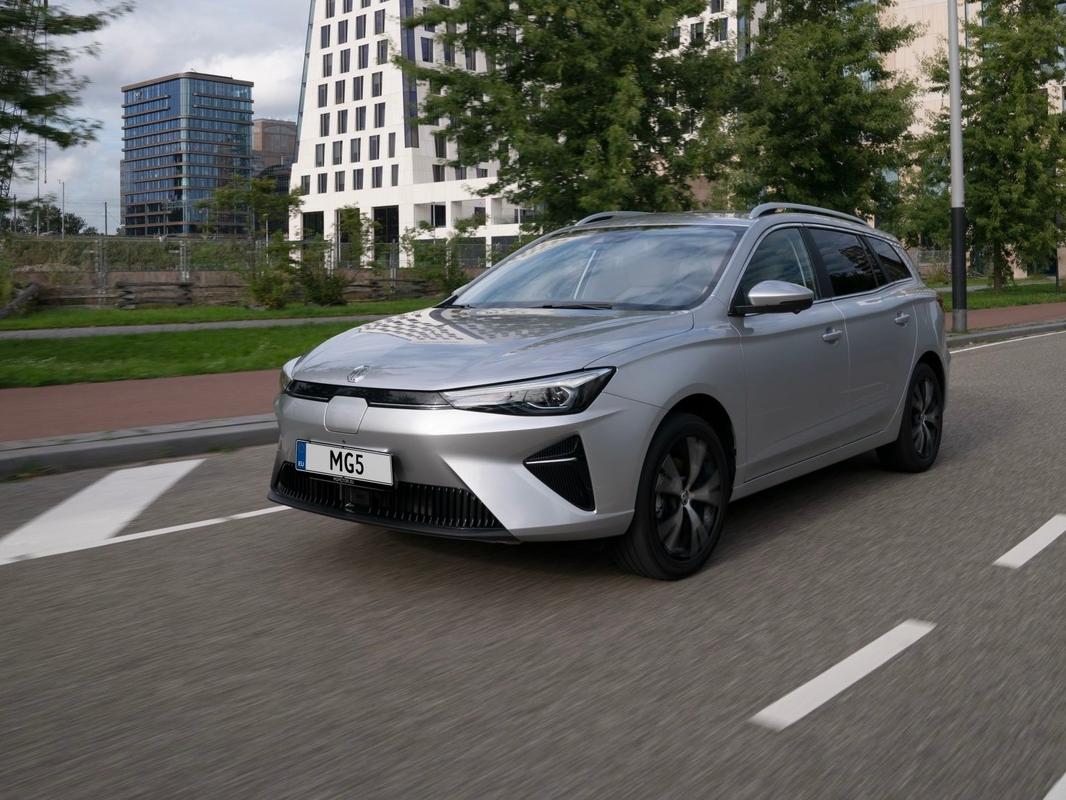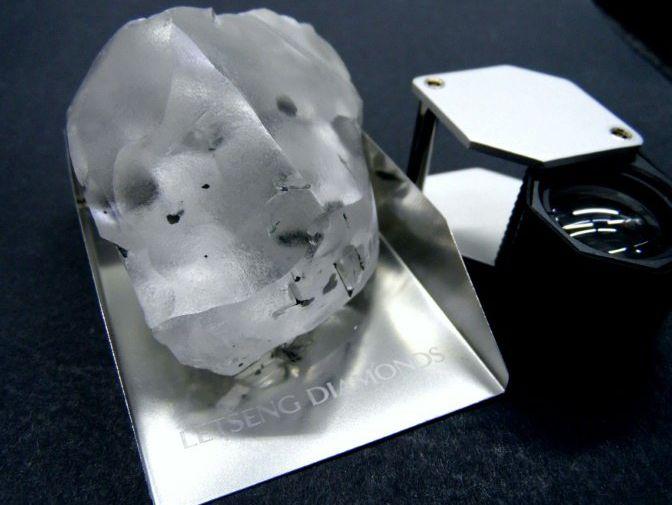The European Union’s provisional tariffs on Chinese electric vehicles (EVs), ranging from 17.4% to 37.6%, took effect on July 5, 2024. These tariffs, aimed at countering what the EU perceives as unfair competition from Chinese EV manufacturers benefiting from state subsidies, have sparked strong reactions from both Chinese and European stakeholders.Contrary to the EU’s stance, major European automakers have voiced opposition to the tariffs. Oliver Zipse, CEO of BMW AG, called the EU’s initiative ‘impractical,’ stating that it would not improve the competitiveness of European automakers and could harm those active globally. Volkswagen echoed this sentiment, arguing that the tariffs would not contribute to the long-term competitiveness of the European automotive industry.In response to the EU’s action, China has threatened to take retaliatory measures. The Chinese Ministry of Foreign Affairs stated that it will take ‘necessary measures to protect its rights’. This escalation raises concerns about a potential trade war between China and the EU.SAIC Motor, facing the highest tariff rate of 37.6%, has announced it will request a hearing from the European Commission. The company claims that the Commission overlooked some of the information and counter-arguments it submitted during the investigation.The EU maintains that the tariffs are necessary to protect European EV makers from unfair competition. EU trade chief Valdis Dombrovskis stated that the investigation concluded Chinese EVs benefit from unfair subsidization, threatening EU electric car makers. However, some EU member states, including Germany and Hungary, have expressed reservations about the move.The tariffs are expected to have significant impacts on the European EV market. Predictions suggest a 42% reduction in vehicle imports from China and a 0.3-0.9% increase in electric car prices in the EU. The situation has sparked debates about the potential effects on global EV markets, the competitiveness of European automakers, and the EU’s efforts to reduce carbon emissions.
Key points
- EU imposes tariffs of 17.
- Major European automakers, including BMW and Volkswagen, oppose the tariffs.
- China threatens retaliatory measures against the EU.
- SAIC Motor requests a hearing with the European Commission over the highest tariff rate.
- Tariffs expected to significantly impact EV imports and prices in the EU.
4% to 37.
6% on Chinese EVs, effective July 5, 2024.
Contradictions👾While the EU argues the tariffs are necessary to protect European EV makers, major European automakers like BMW and Volkswagen oppose the measures, claiming they could harm the industry.
👾Despite the EU’s claim that the tariffs will protect European manufacturers, some EU member states, including Germany and Hungary, have expressed reservations about the move.



